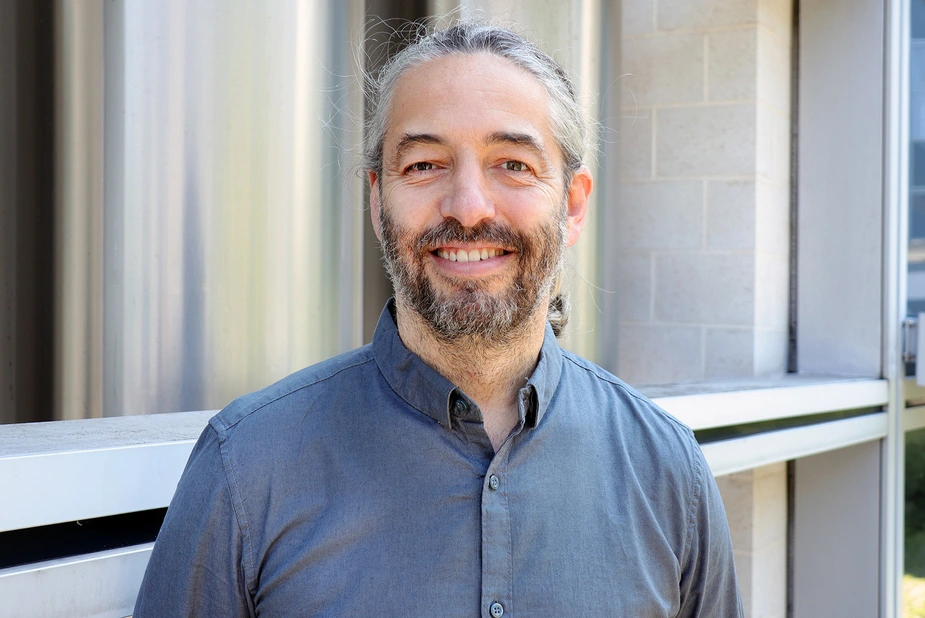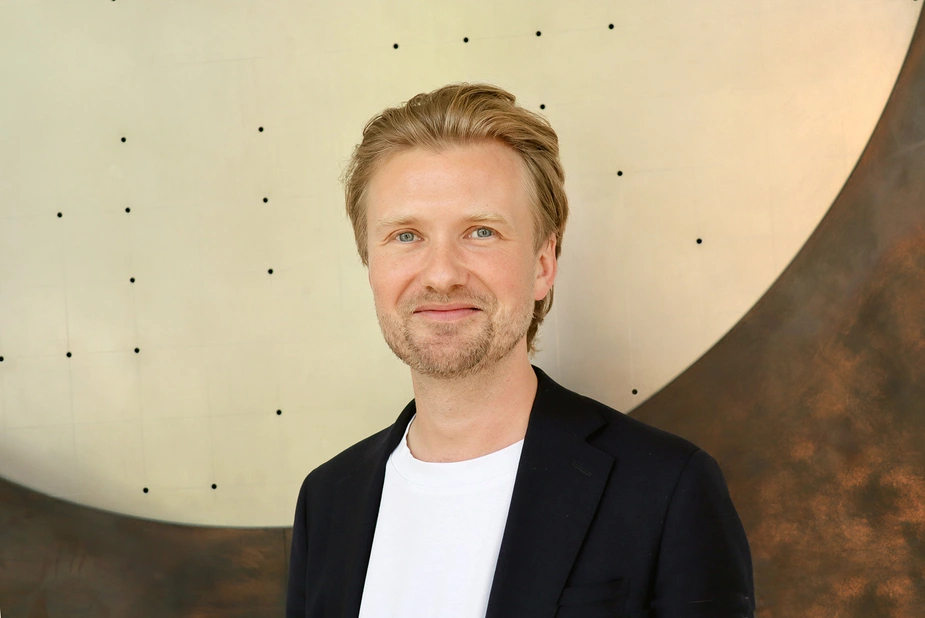FBH and HU strengthen cooperation in quantum technologies
Another Joint Lab launched / New professorship for Integrated Quantum Sensors
With the new Joint Lab Integrated Nonlinear Quantum Optics, the Ferdinand-Braun-Institut (FBH) and Humboldt-Universität zu Berlin are strengthening their strategic partnership in the emerging field of quantum technologies. It is already the fifth joint laboratory between the two institutions in this field – and a clear step toward further expanding the quantum technology ecosystem in Berlin. Concurrently, Markus Krutzik, head of the Joint Lab Integrated Quantum Sensors at FBH, was appointed to a W3-S professorship for Integrated Quantum Sensors.
With the new Joint Lab Integrated Nonlinear Quantum Optics, the Ferdinand-Braun-Institut is expanding its collaboration with Humboldt-Universität zu Berlin (HU Berlin). The lab, launched at the beginning of July, is headed by quantum physicist Sven Ramelow from HU Berlin and strengthens the Integrated Quantum Technology research area at FBH. The aim of the Joint Lab is to link fundamental and application-oriented research in the field of sensor technology using quantum light even more tightly. The partners are pooling their ongoing activities in the highly efficient generation and conversion of quantum light. They take advantage of the special properties of entangled photon pairs, which means that one photon behaves exactly like the other, regardless of where it is currently located or what color it has. This phenomenon can be used for high-resolution imaging and spectroscopy in the mid-infrared range, among other things. The quantum state of photons opens up a wide range of further applications including environmental analysis, medicine, and information processing. The new Joint Lab in quantum technologies – FBH’s fifth with HU Berlin and its eleventh overall – marks another strategic milestone in expanding Berlin’s quantum ecosystem.
More about the topics covered by the new Joint Lab and Sven Ramelow
The newly appointed Professor of Integrated Quantum Sensors at HU Berlin, Markus Krutzik, on the other hand, has been working with his team at FBH and HU Berlin already for six years, conducting cutting-edge research on atomic quantum systems with high technological and societal relevance. Quantum sensor technology plays a decisive role in ensuring technological sovereignty for Germany and Europe. Quantum sensors are recognized as one of the most important fields of innovation internationally, with numerous applications. These include experiments on fundamental physics topics as well as industrial applications, ranging from metrology, navigation, and network synchronization to medical technology. Markus Krutzik’s research group focuses on the development of compact, robust sensor systems that enable precise atomic measurement methods outside the laboratory – including in space. Current projects include optical clocks for the next generation of satellite-based global navigation systems, compact magnetometers for non-invasive measurement of biomagnetic fields in medicine, and mobile quantum memory systems as the basis for future quantum internet infrastructures.
More about the Joint Lab Integrated Quantum Sensors and Markus Krutzik
Contact
Petra Immerz, M.A.
Communications Manager
Ferdinand-Braun-Institut gGmbH
Leibniz-Institut für Höchstfrequenztechnik
Gustav-Kirchhoff-Straße 4, 12489 Berlin
+49 30 6392-2626
petra.immerz(at)fbh-berlin.de
www.fbh-berlin.de
Press release FBH, 3 July 2025

